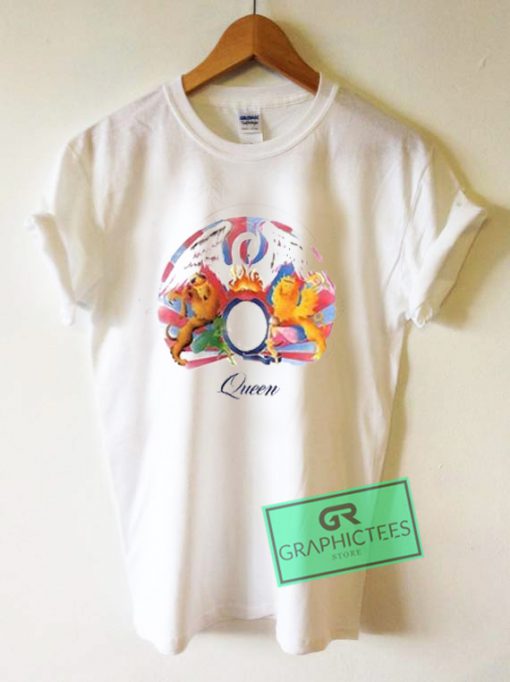

It’s not as fast-paced with the jokes, you get a little more time to digest the punchline, and the plot helps motivate the comedy.

A night at the opera movie#
Again going back to the two halves of their careers, I find people who’ve never seen a Marx Brothers movie have an easier time with this one. To the strengths of this specific film, I find A Night at the Opera is the biggest audience pleaser. Even Groucho’s one-liners can't keep up with Harpo swinging from one piece of set scenery to another! When the time comes for some physical comedy, Harpo steps up to the plate for the hilarious climax. While Groucho gets to be the plot foil mingling with the main players flaying them at every turn with a sharp-witted joke, Harpo and Chico again get to show their talents with an array of instruments. With Groucho slinging off the pointed one-liners with ease, he’s also introducing the story of the picture and setting the stage for all the conflict this operatic musical will face with Sig Ruman’s twirling mustached Opera Company manager Herman Gottlieb.Īfter that, the rest of the gang is quickly introduced with Harpo’s daffy Tomasso and Chico as the scheming Fiorello who find their way to help our starcrossed operatic lovers Riccardo and Rosa. Driftwood to arrive for dinner - when he’s been sitting right behind her the entire time. Claypool frustratingly waiting for Groucho’s Otis B. The opening scene in the restaurant almost feels like a reintroduction to this brand of comedy with stalwart comedy punching bag Margaret Dumont’s Mrs. The perfect combination of irreverent madcap off-the-cuff comedy and plot-focused storytelling. Smashed in the middle of these two career halves rests A Nigth at the Opera. There were still laughs in these later movies, but there’s good reason Groucho found lasting success in television than in films. As each entry went on, this formula gradually became stale, and by the time Go West came out, the shtick had pretty well played out. Without Zeppo, they relied on the talents of Allan Jones, Charles Drake, and Kenny Baker to fill in the musical voice talents or handsome lead. By this point, Zeppo had long left the group as he kept getting pushed out of the comedy and tossed into the thankless “love interest” role. These were movies that felt tightly scripted, less madcap, and far more focused on churning out the familiarity of predictable musical comedies than unleashing the brothers to do their thing. The jokes fly so fast you’re past the point of being confused about what’s going on.Īfter A Night at the Opera, you had plot and story-focused gems like A Day at the Races, and the charming At The Circus. You can walk into any one of these movies with twenty minutes left and start laughing because nothing that happened before really mattered or needed to make sense. These are movies where the plot is but a mere trapping to frame up the quick-witted hijinks of the brothers and find some way to showcase their musical talents for a brief moment. Before, you had the irreverent madcap comedies the likes of Monkey Business, Coconuts, and their absolute funniest film - Duck Soup. When you try and catalog the films of the Marx Brothers, I feel there’s a perfect linchpin point in their careers - before A Night at the Opera and after A Night at the Opera. Soon to be separated by an ocean and career - the Marx Brothers Groucho, Chico, and Harpo just might be able to help Rosa and Riccardo stay together and rescue the New York Opera Company from the stuffed shirts running it. For Rosa’s lover Riccardo (Allan Jones), success is elusive even though he’s the finest young talent of a generation. The crowds of people standing outside are treated to fireworks.For Rosa Castaldi (Kitty Carlisle) success has found her on the stage as she’s been recruited to go to the famed New York Opera Company with star Rudolofo Lassparri (Walter Wolf King). The apotheosis of this dream opera evening is a performance by Maria Callas, with an unparalleled rendition of “Una voce poco fa” from Rossini’s opera The Barber of Seville. After the ritual reception with girls bearing bouquets, they take their seats in the royal box.

Then come the royals, including Grace Kelly, Queen Elizabeth, and Queen Juliana. Charles de Gaulle and Brigitte Bardot arrive. Gentlemen and ladies with fur stoles climb the steps of the Palais Garnier accompanied by a fanfare. It’s a film about class, social standing, and ritual.
A night at the opera archive#
Sergei Loznitsa, IDFA’s guest of honor in 2016, has composed a masterfully edited ultimate gala evening from the vast collection of archive footage. In this era, the Opéra de Paris organized gala evenings that attracted the crème de la crème of the French and international elite. Today, it’s hard to imagine that crowd control would be needed for an opera performance, but in Paris of the 1950s and 1960s, it could cause quite a stir.


 0 kommentar(er)
0 kommentar(er)
